In Nuremberg, James Vanderbilt pits Russell Crowe’s unnervingly charismatic Hermann Göring against Rami Malek’s quietly determined psychiatrist, turning history into a study of power and persuasion.
A gripping psychological duel unfolds between Russell Crowe’s Hermann Göring and Rami Malek’s U.S. Army psychiatrist in James Vanderbilt’s Nuremberg. Released on November 7, the film stands out as one of the year’s most absorbing examinations of how the human mind balances reason, ambition, and self-deception.
Instead of revisiting the familiar courtroom drama of postwar justice, writer-director James Vanderbilt reframes the aftermath of World War II as a clash of intellects and ideologies. He creates a psychological battlefield where understanding evil becomes its own dangerous pursuit.
The story, based on Jack El-Hai’s book The Nazi and the Psychiatrist, follows U.S. Army psychiatrist Lt. Col. Douglas Kelley, played by Rami Malek. He is tasked with assessing the mental fitness of captured Nazi leaders awaiting trial. Among them is Hermann Göring, chillingly portrayed by Russell Crowe. Göring’s charisma, self-importance, and warped rationality become the centrepiece of the film’s psychological storm.
Vanderbilt narrows the focus to the uneasy relationship between Kelley and Göring, moving beyond the grand legal theatre of 1961's Judgment at Nuremberg. Their exchanges unfold as a cerebral duel, with each man dissecting the other in a quest for understanding. Malek gives Kelley a quiet intensity, an ambition wrapped in academic curiosity, as he tries to define the nature of evil itself. Crowe meets him with unnerving confidence, transforming Göring into both subject and manipulator. Their sessions feel like a high-stakes chess match played with morality as the board and humanity as the prize.
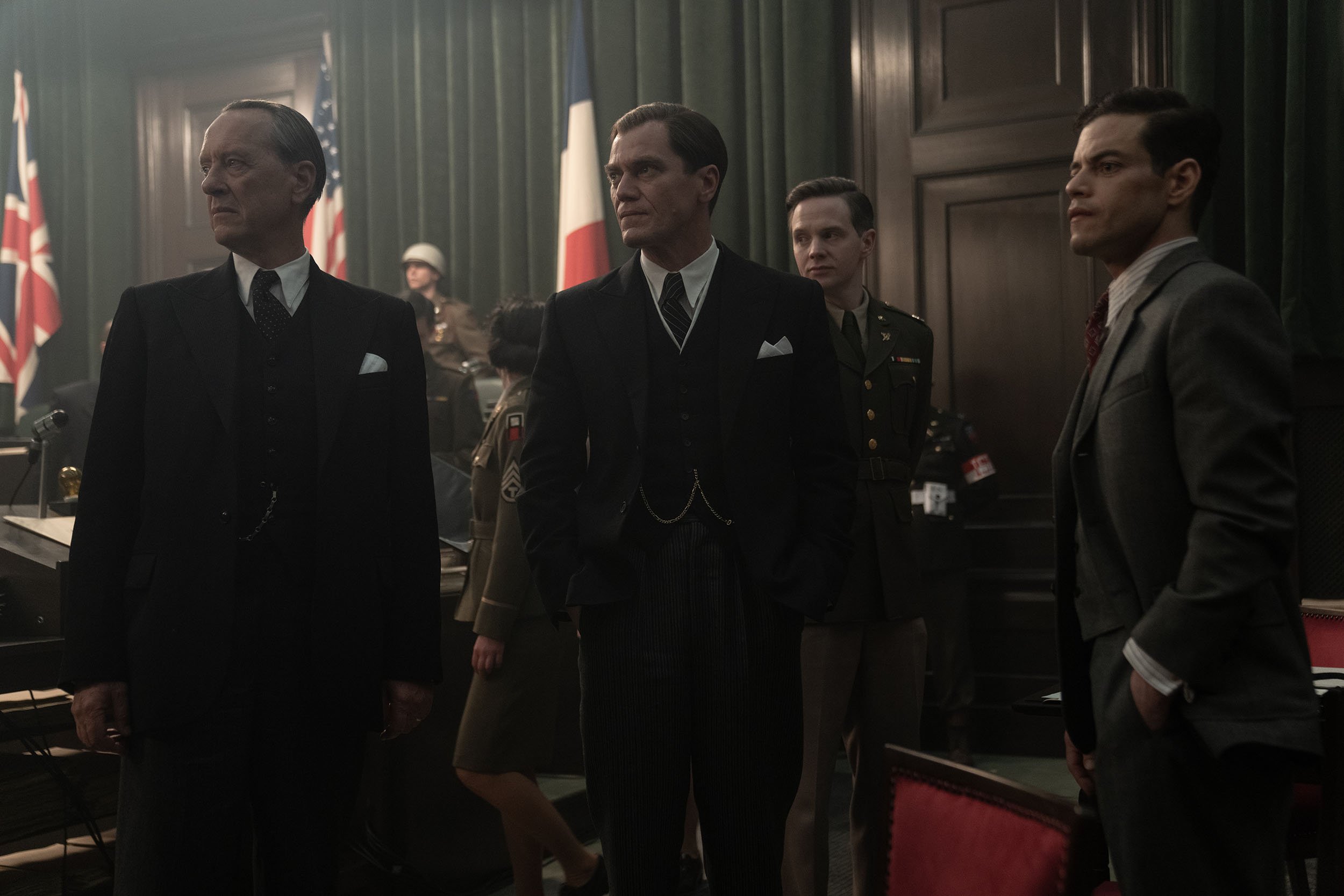



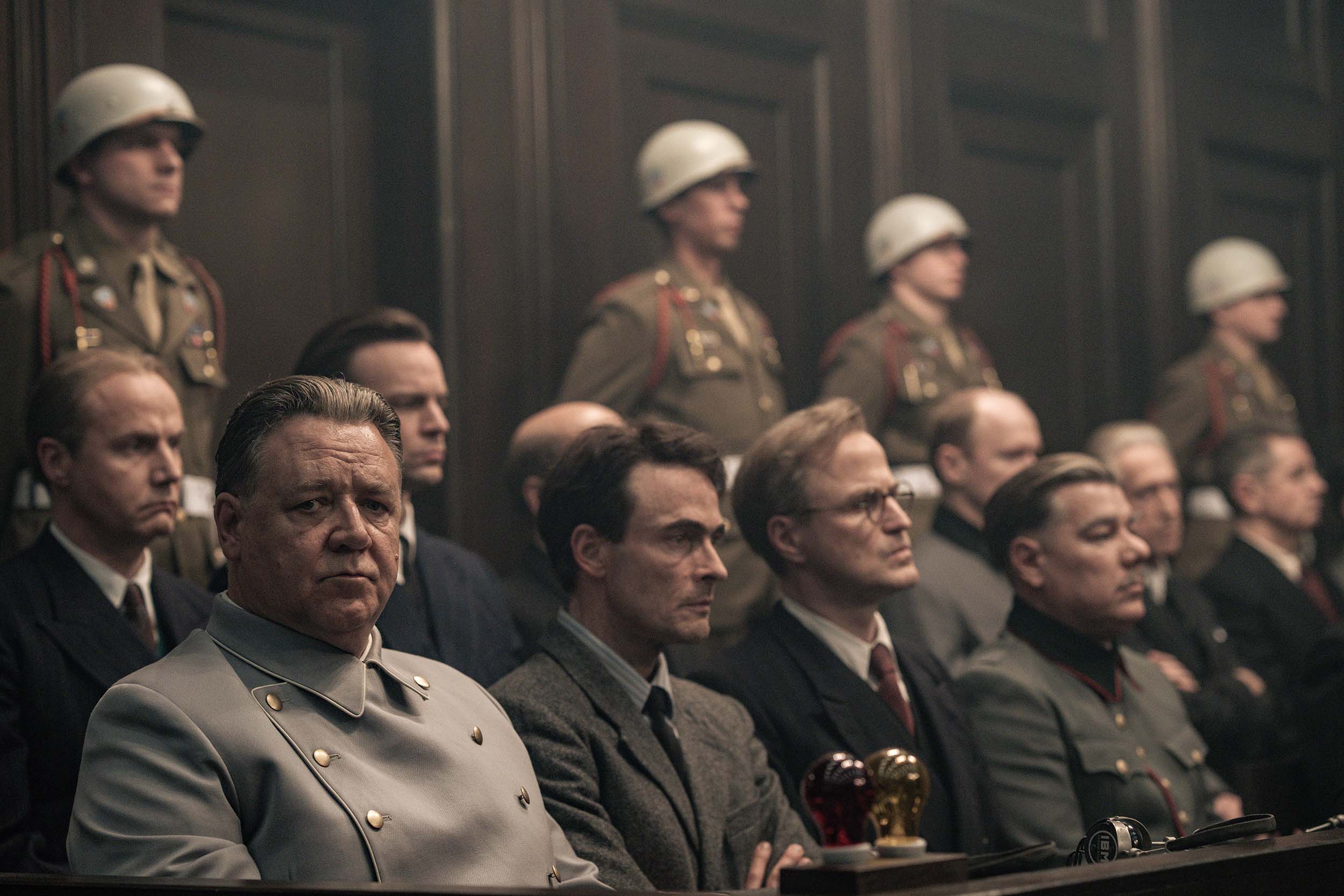
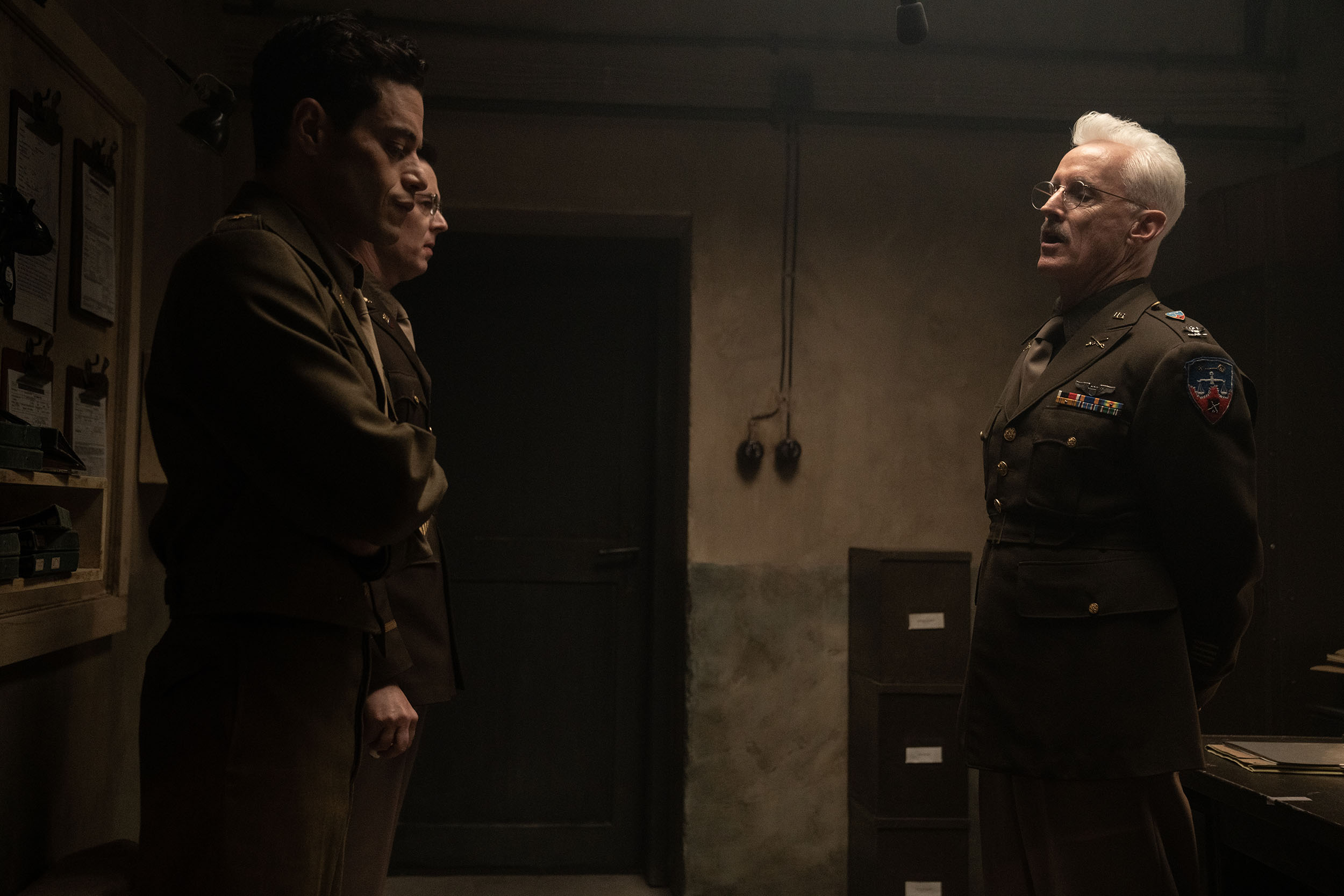

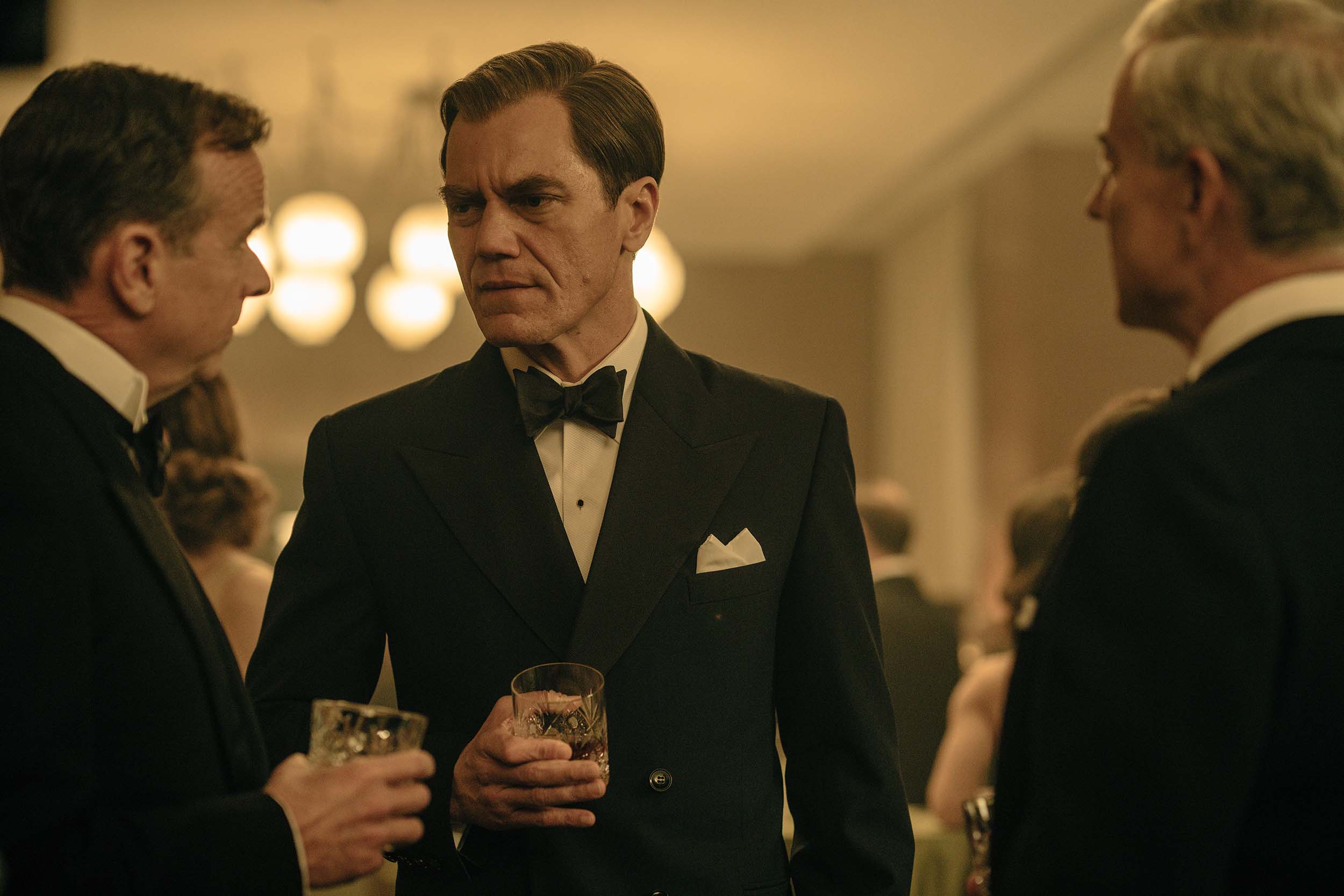
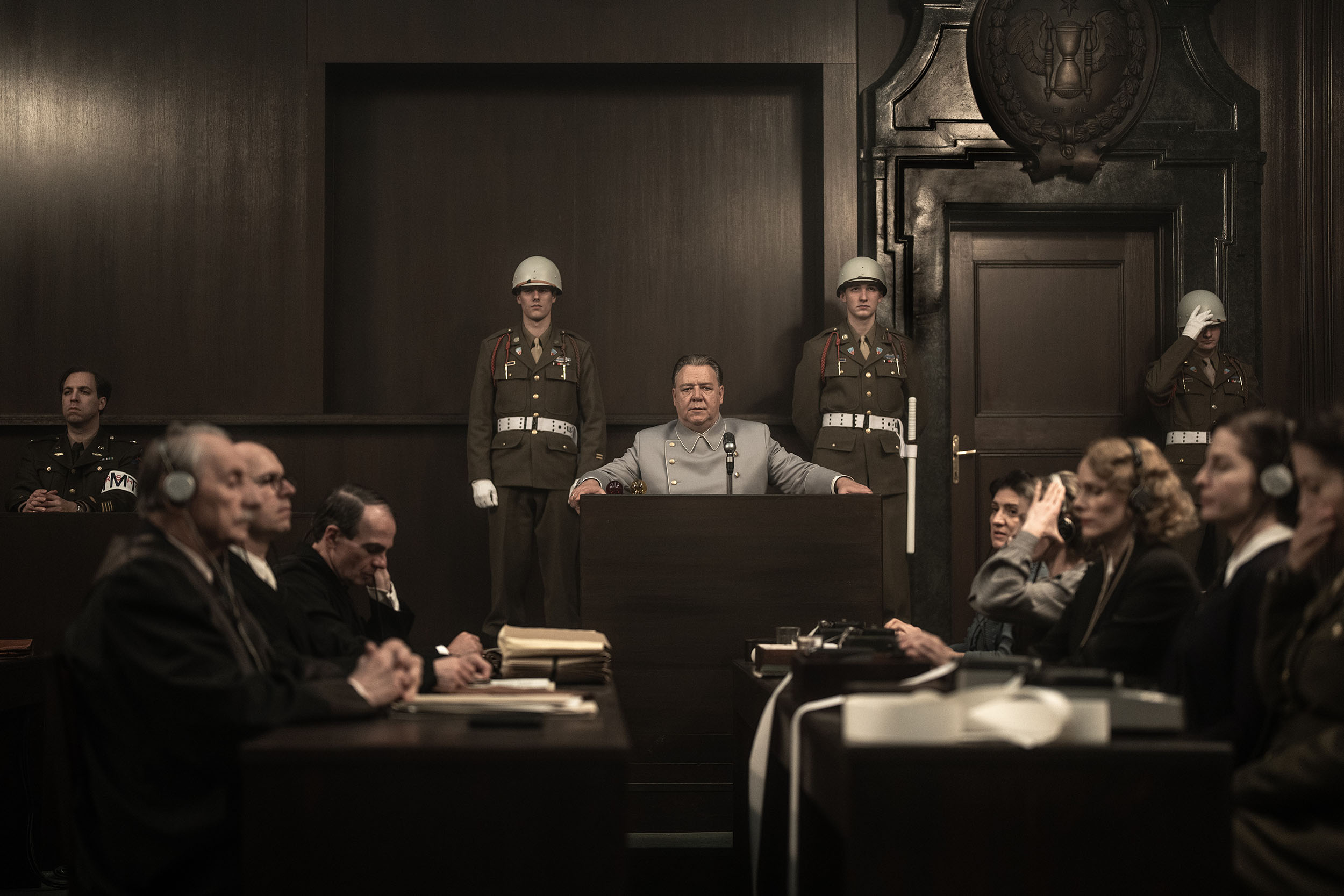
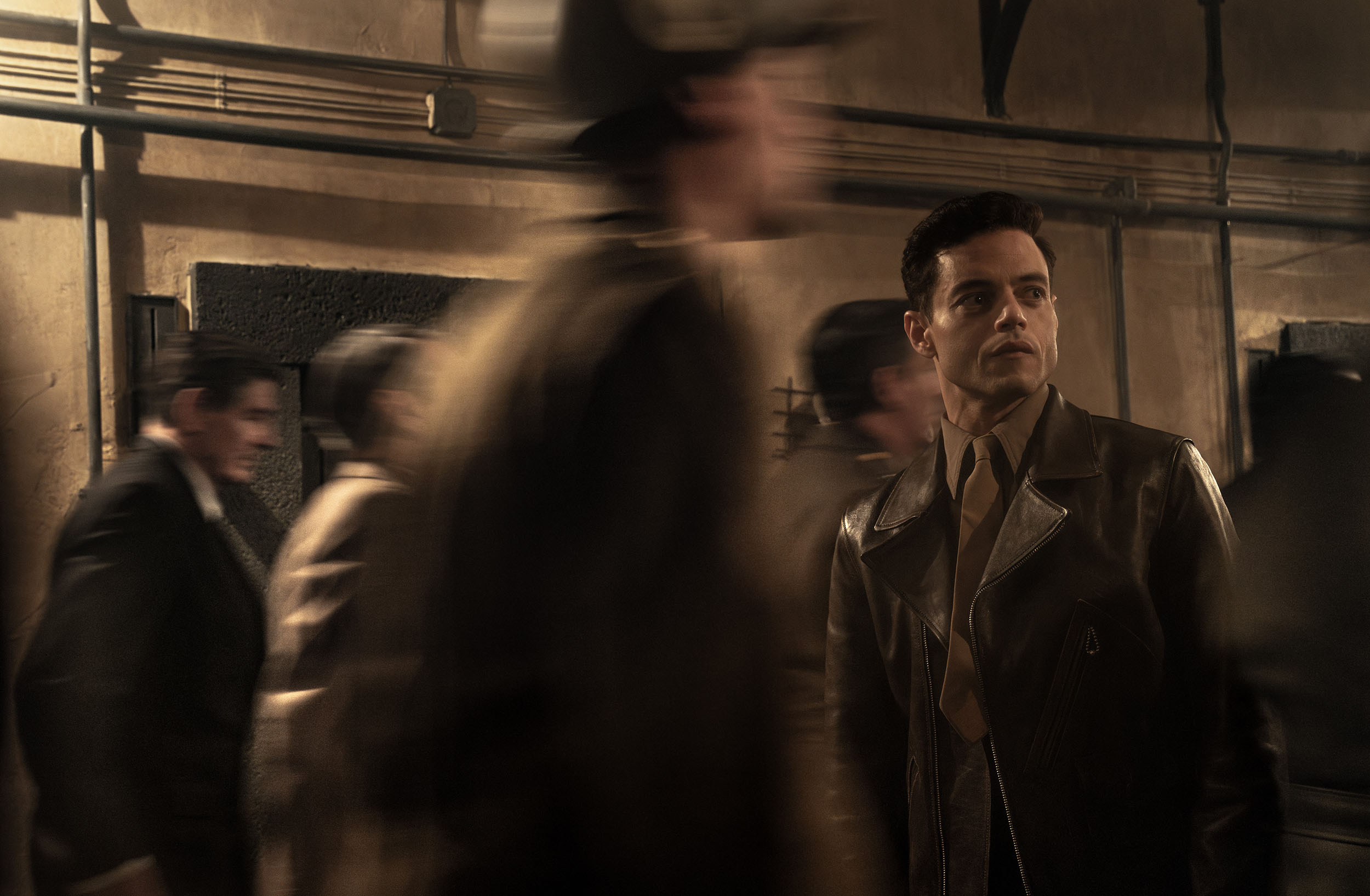


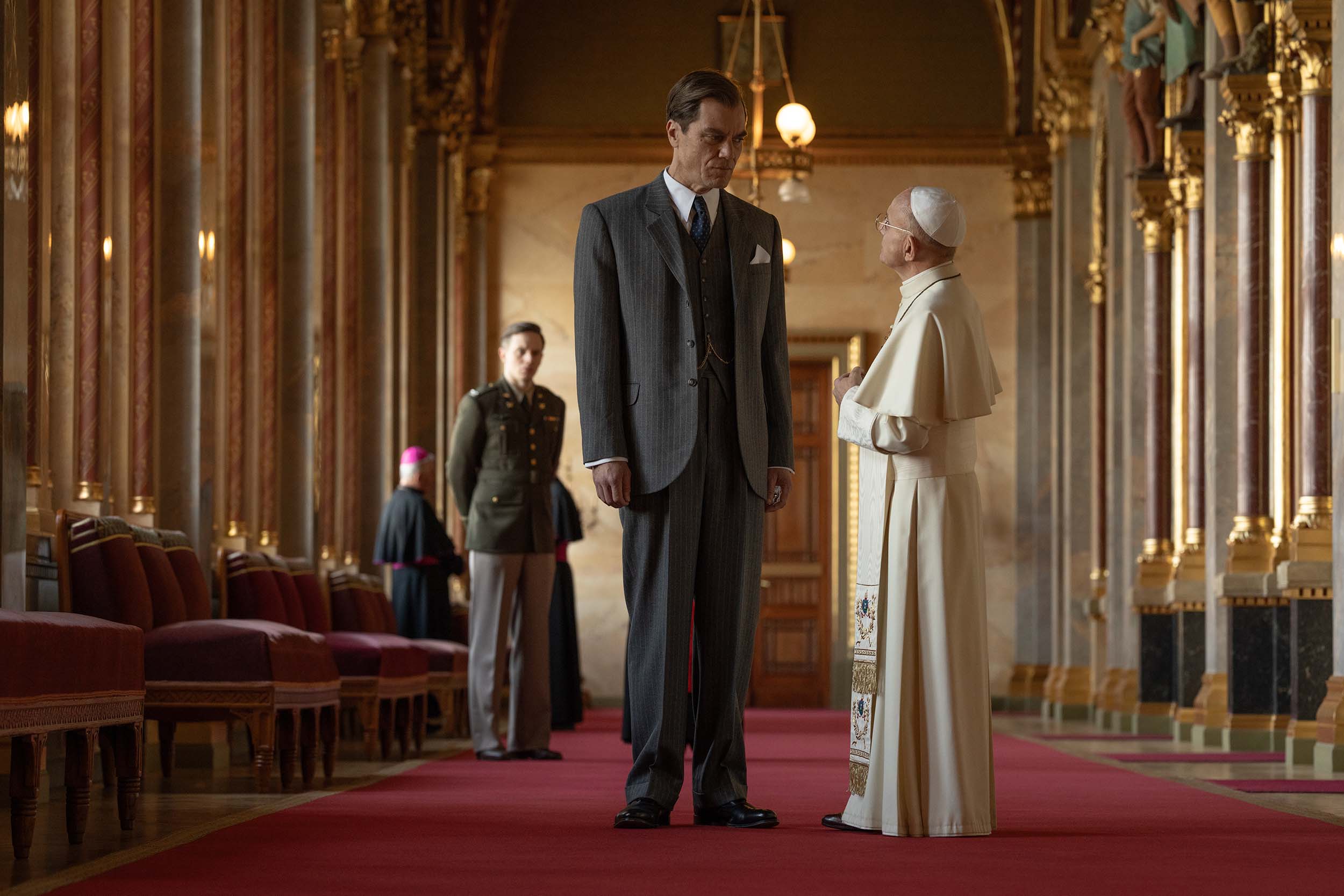

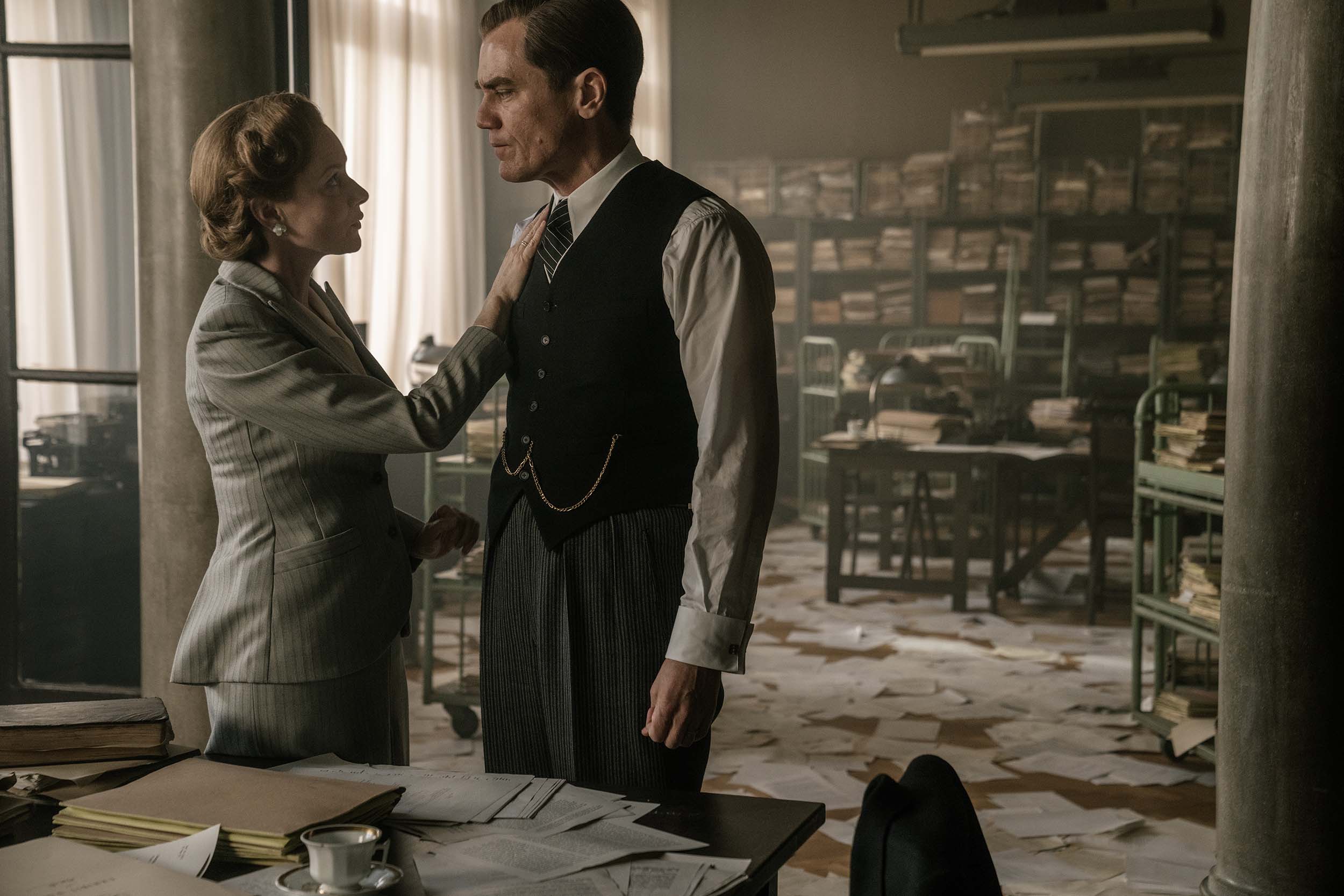
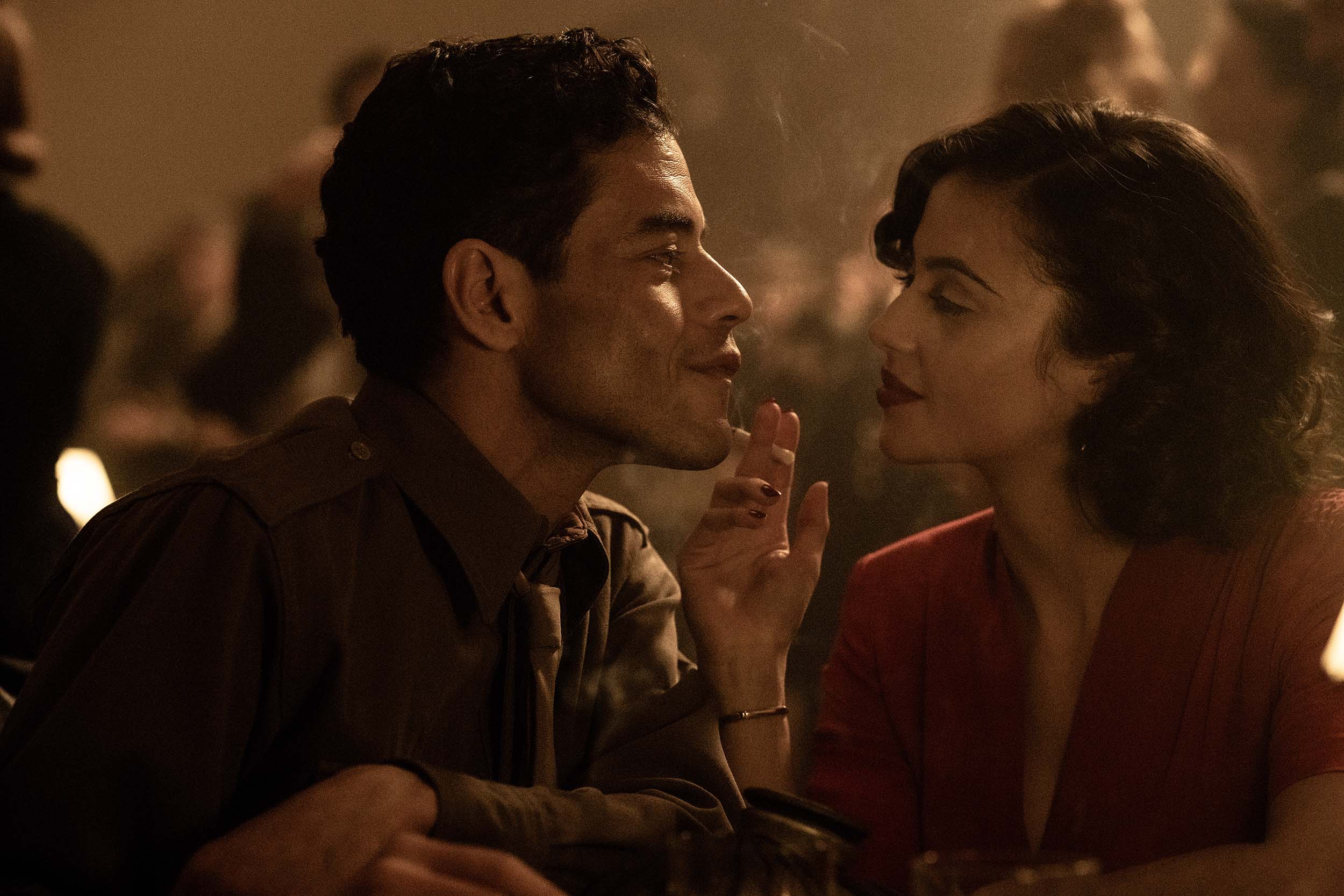
This psychological tension is where Nuremberg truly distinguishes itself. The film resists melodrama, opting instead for restraint, precision, and atmosphere. Every conversation is loaded with historical weight and emotional undercurrent. As Kelley digs deeper, the lines between observer and observed begin to blur. His fascination with Göring’s intellect becomes its own quiet danger, a reflection of how seductive power can be when stripped of its political veneer.
Having seen the film ahead of its release, I found that what stays with you isn’t the historical reconstruction but the moral ambiguity that seeps through every frame. Vanderbilt’s script balances empathy and condemnation with remarkable poise, though at times it leans toward aesthetic polish over historical grit.
One area where the film stumbles is in its portrayal of Emmy Göring. While Lydia Peckham brings her a tender vulnerability, the script softens the reality that she lived lavishly off the spoils of stolen Jewish art and property. This erasure of complicity, however subtle, risks romanticizing a figure who was far from innocent.
Still, these choices don’t undo the film’s overall impact. Nuremberg succeeds as a meditation on accountability, psychology, and the frightening normality of evil. The supporting cast, including Michael Shannon as Justice Robert H. Jackson and Richard E. Grant as prosecutor Sir David Maxwell Fyfe, lends texture to the broader picture of post-war reckoning.
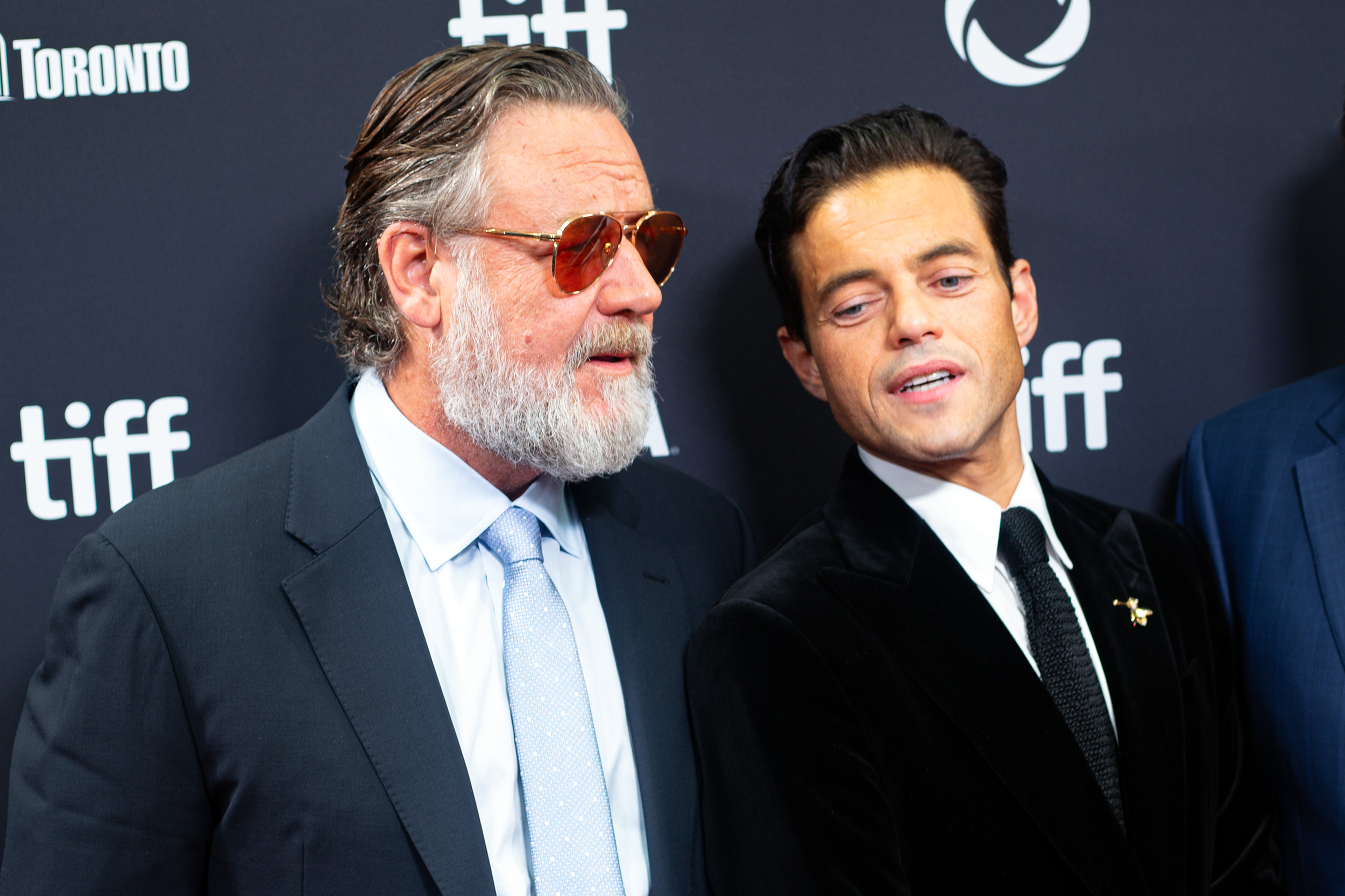




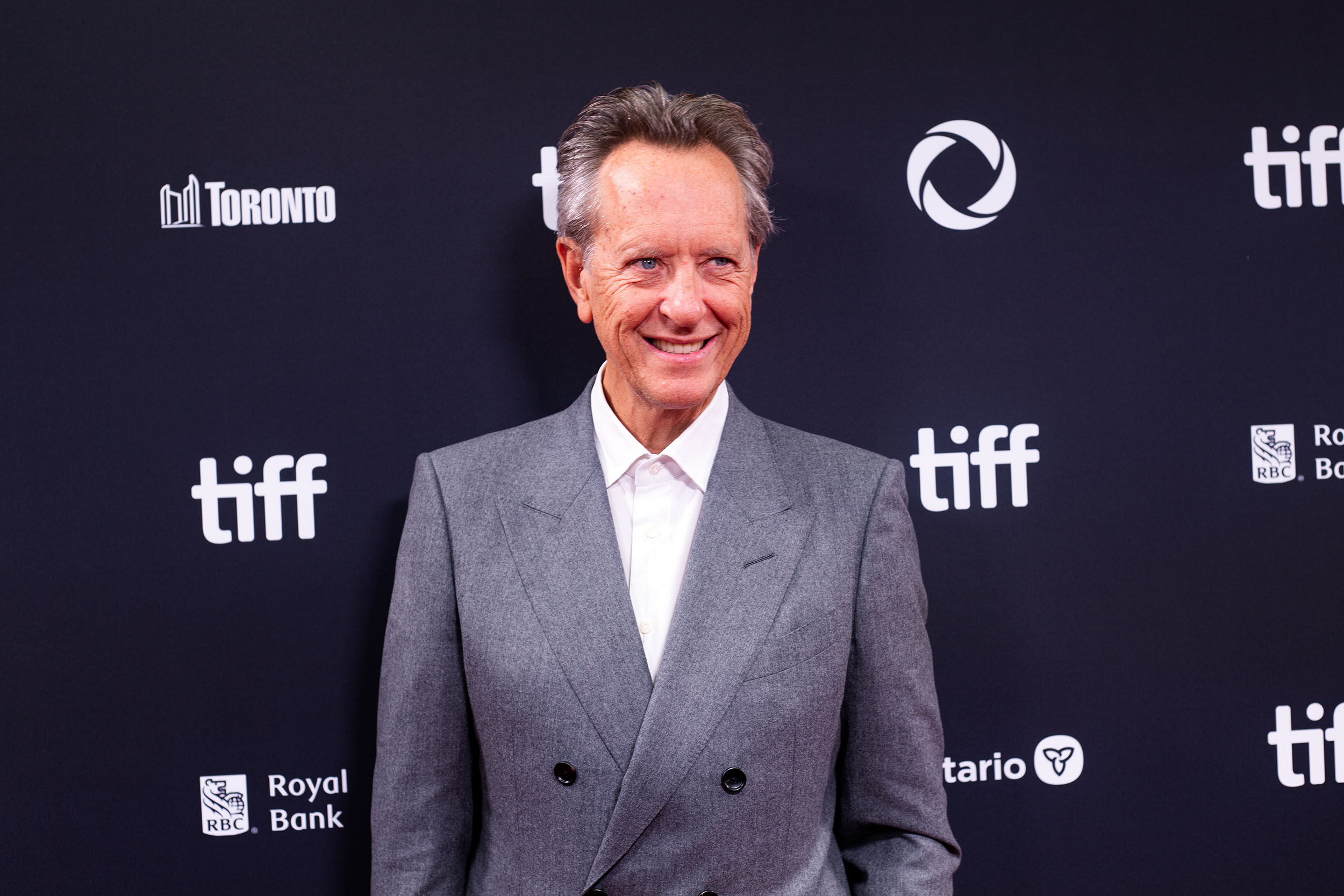
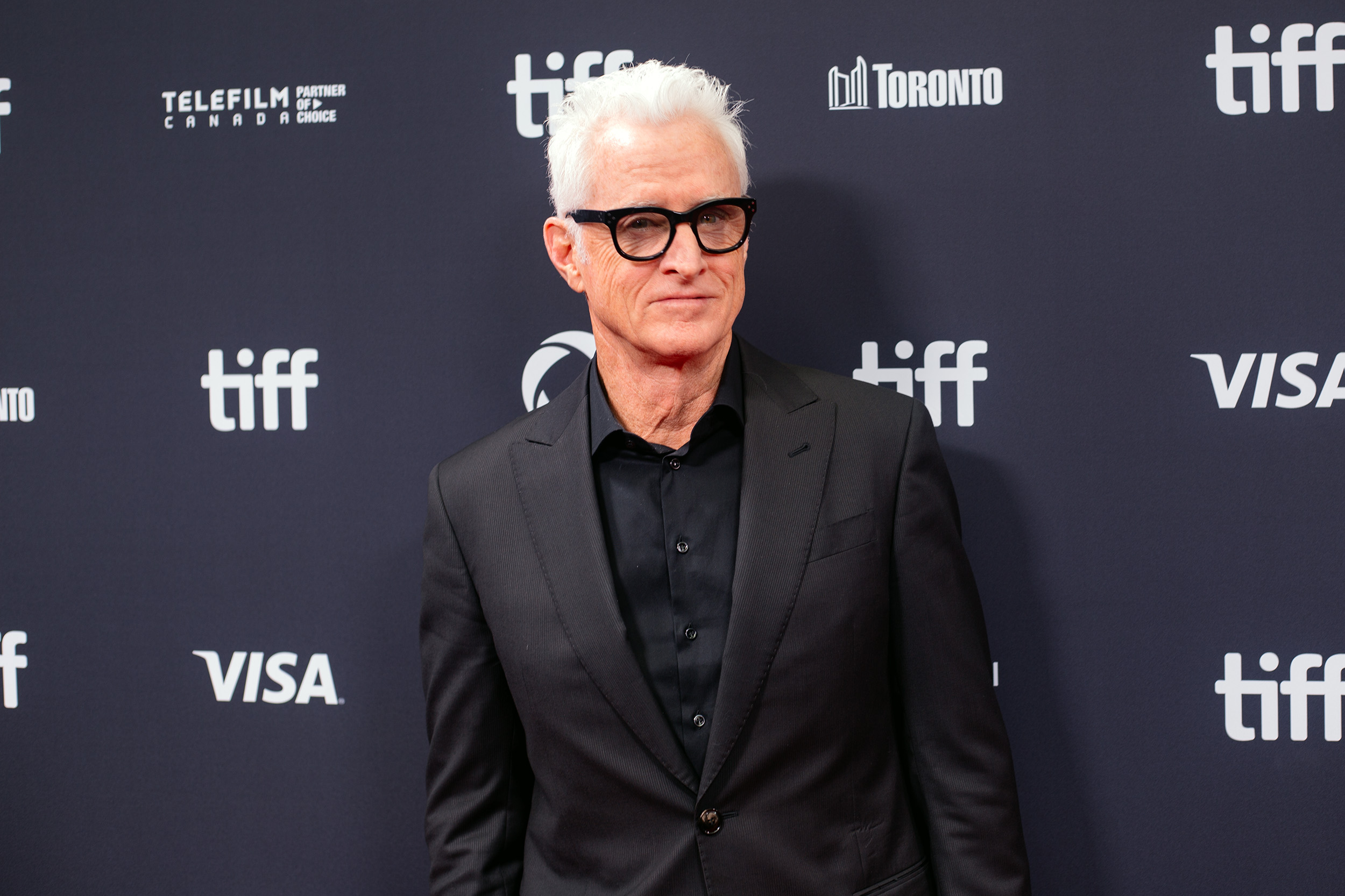
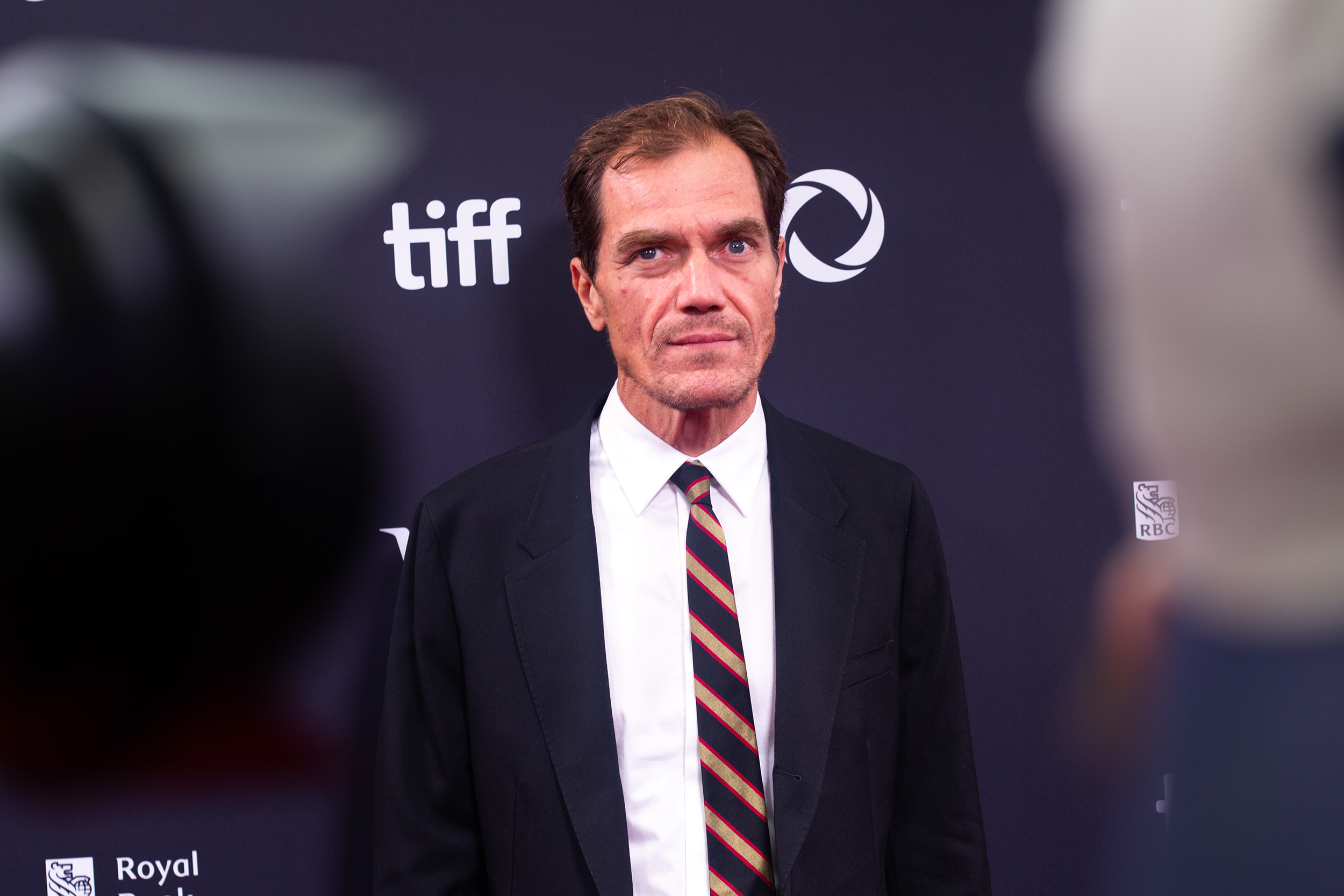

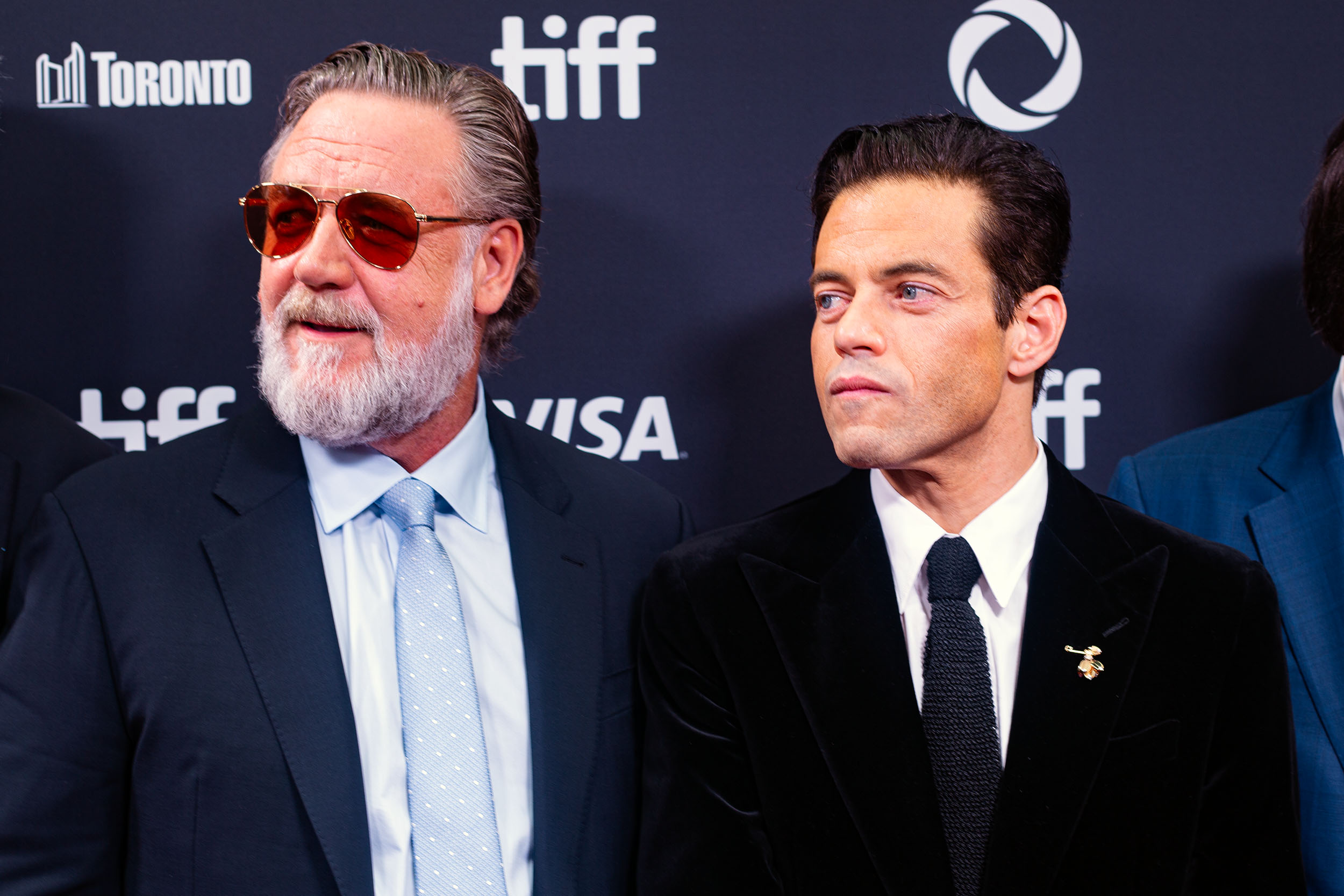


Cinematographer Mihai Mălaimare Jr. captures the oppressive beauty of the setting in muted greys and silvers, echoing a sterile Europe trying to rebuild itself. The sound design is equally spare and haunting, emphasizing silence as much as dialogue.
The film earned a four-minute standing ovation at its world premiere in Toronto, where I was present as a photojournalist. Watching Crowe and Malek share that moment on the red carpet, their mutual respect was palpable. That same connection, rooted in empathy, rivalry, and creative trust, radiates throughout the film.
Ultimately, Nuremberg leaves us grappling with questions that extend beyond history. Can evil be clinically explained? Or does understanding it risk normalizing it? Malek’s quiet unravelling and Crowe’s commanding performance offer no easy answers, only an unsettling mirror held up to human nature itself.
Eighty years after the real Nuremberg Trials began, Vanderbilt’s film reminds us that the confrontation with moral responsibility never ends. It simply moves from the courtroom to the conscience.




Comments powered by CComment